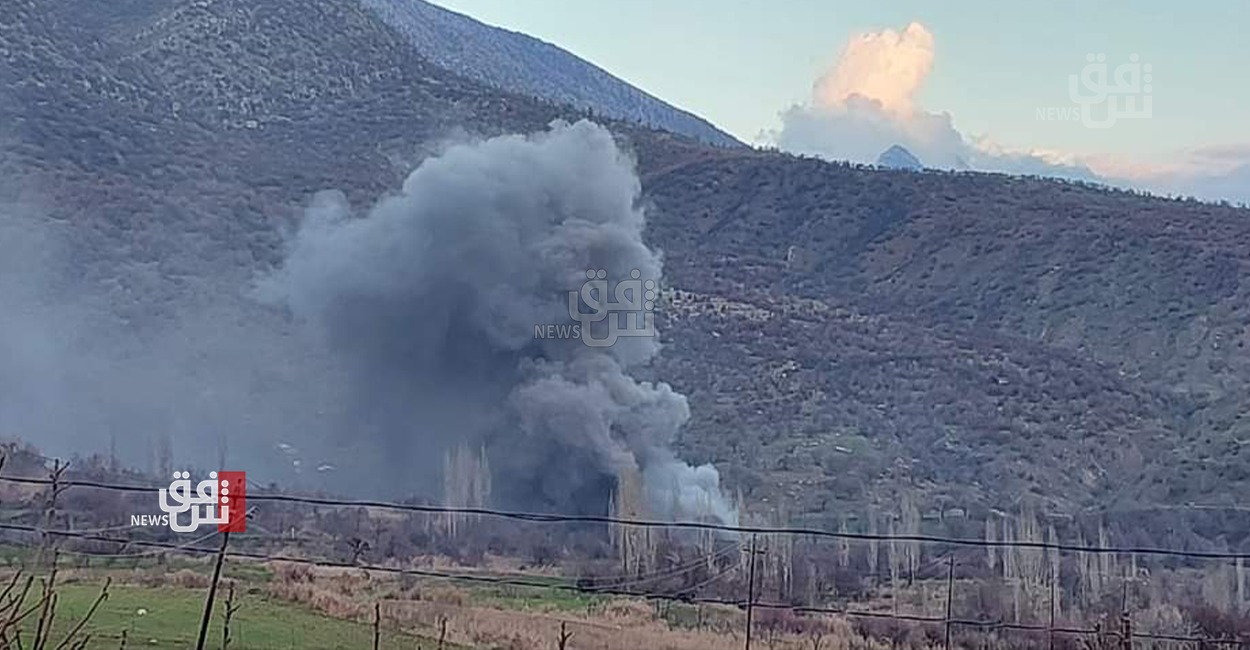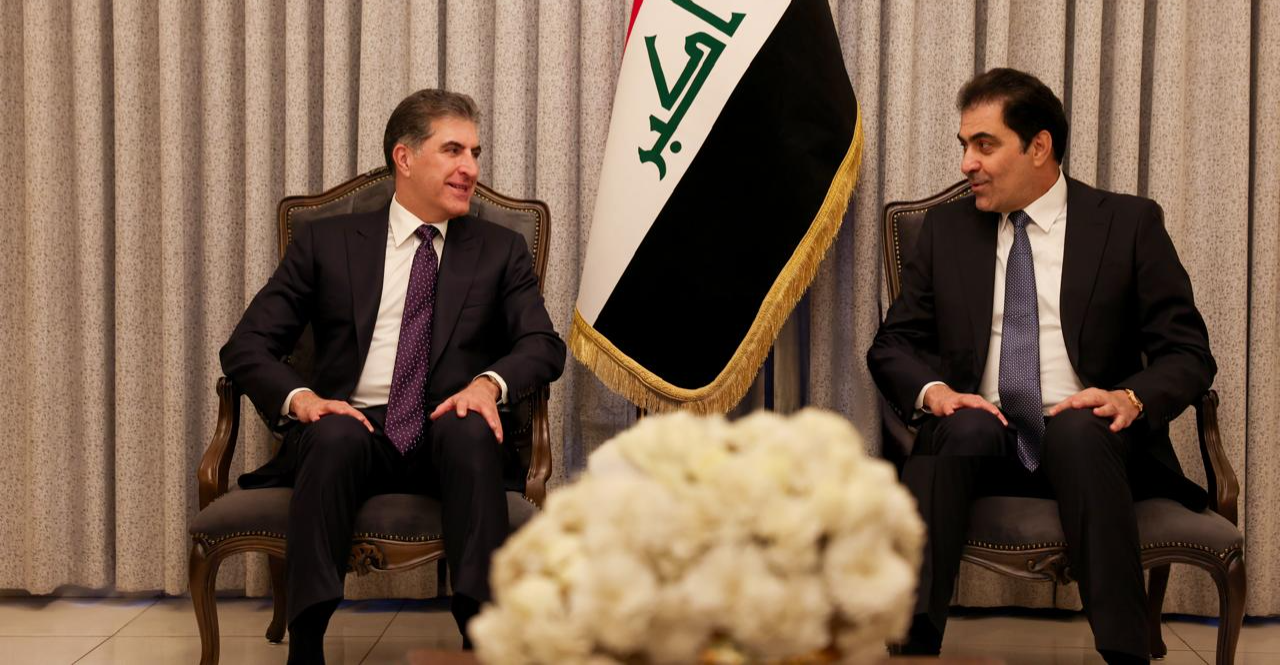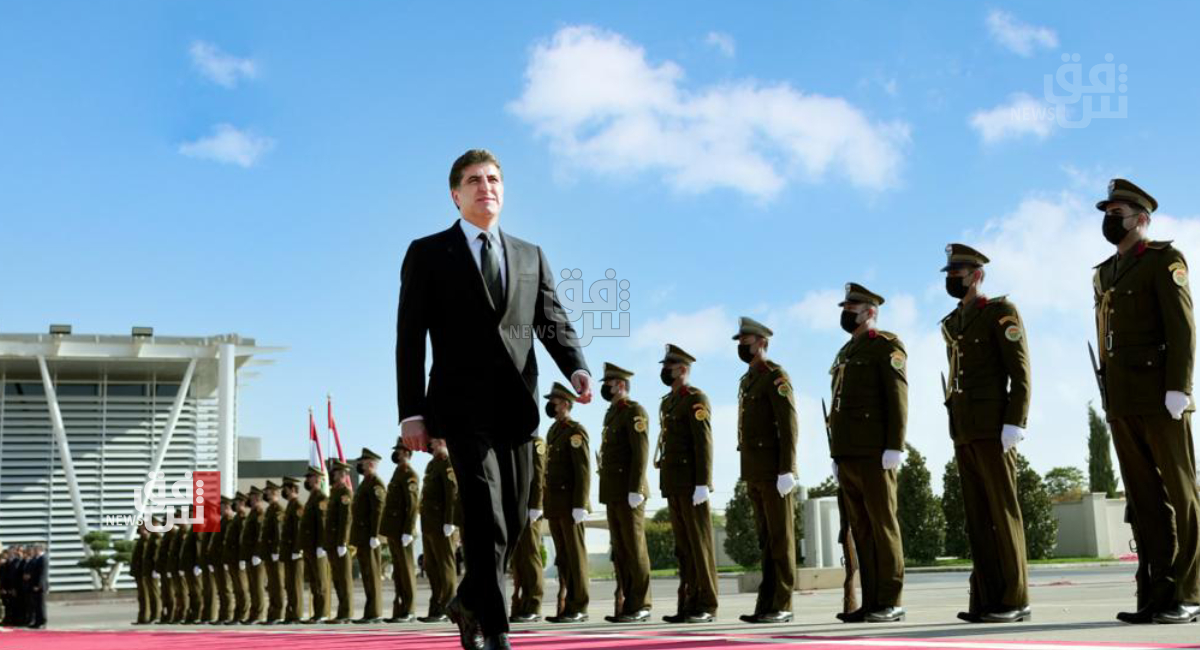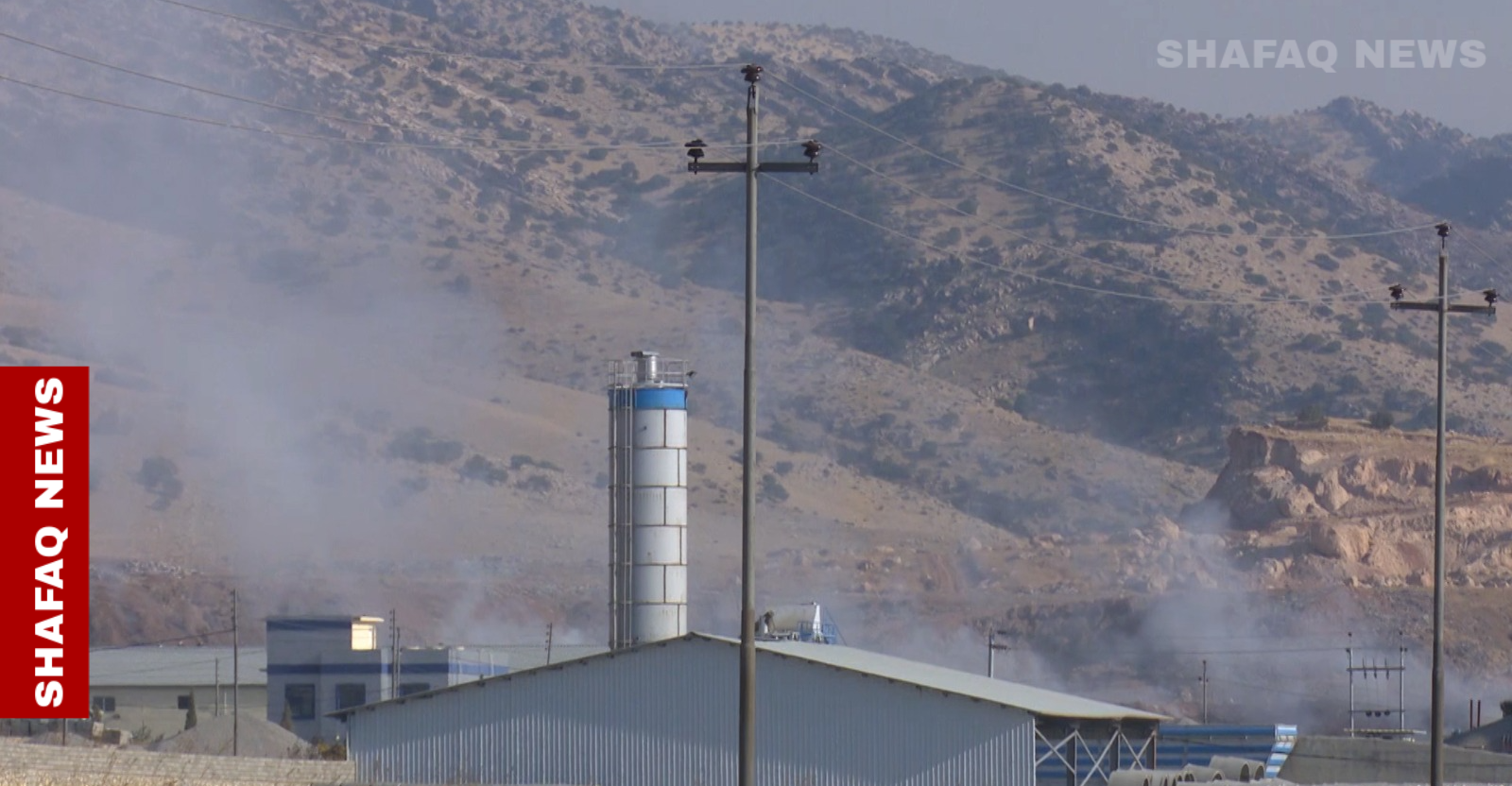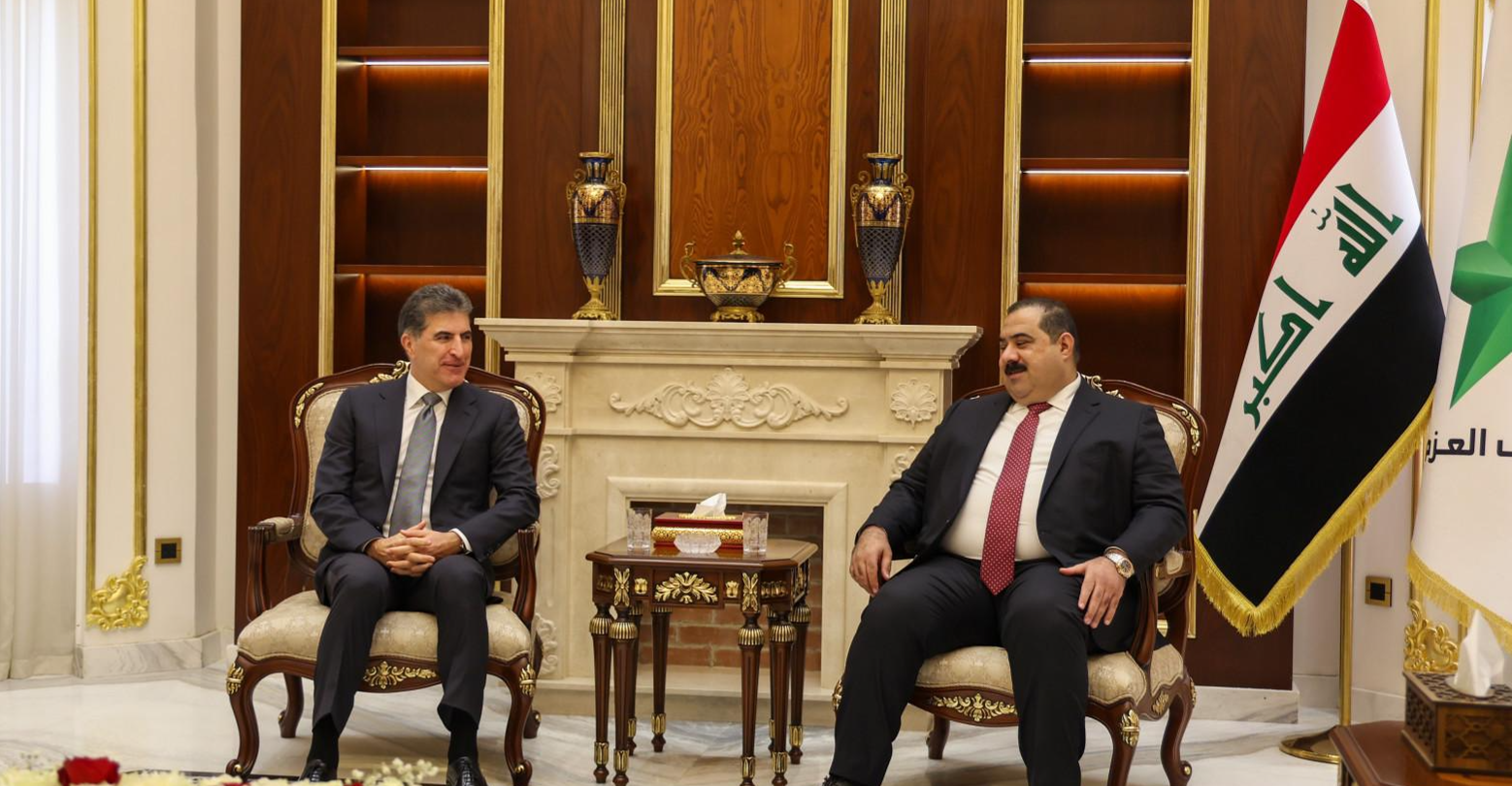KRG condemns Baghdad's unilateral control over Kirkuk’s oil resources
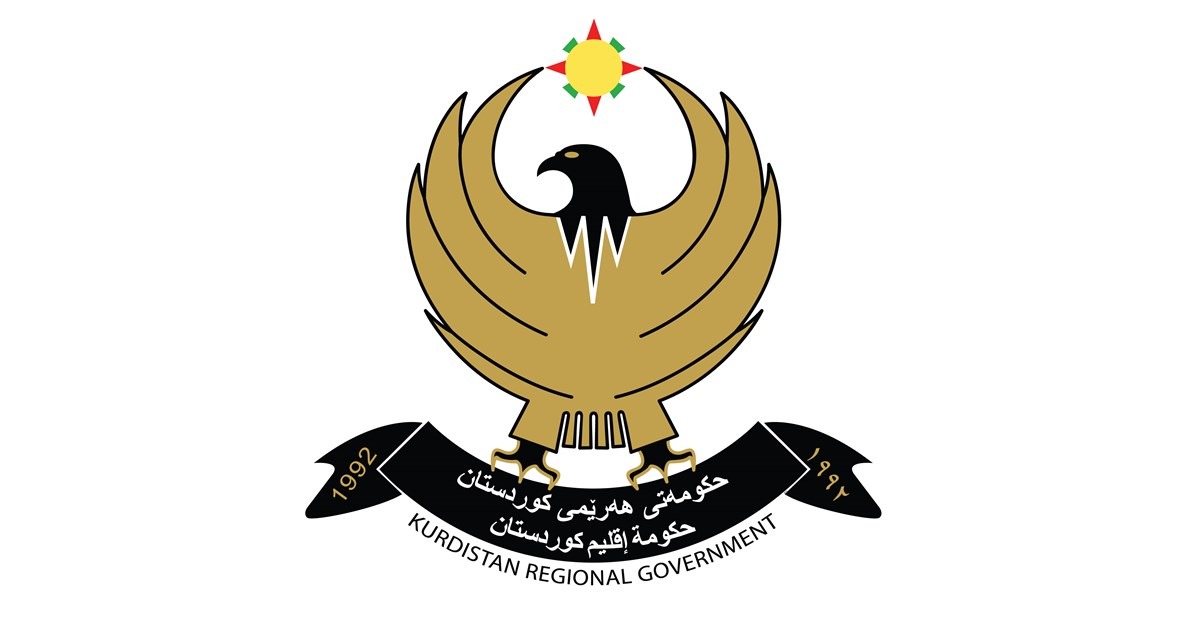
Shafaq News/ On Monday, the Kurdistan Regional Government (KRG) expressed concern regarding Baghdad's plans to take unilateral steps to control oil and gas in Kirkuk and disputed areas, calling it a clear violation of the 2005 Iraqi Constitution.
In a statement, the KRG cited Article 140 of the Iraqi Constitution, which mandates a referendum in Kirkuk and disputed areas, to be conducted by Baghdad’s government before December 31, 2007. “Despite this, no Iraqi government has conducted the referendum in the past 20 years. Now, Baghdad is preparing to unilaterally seize control of oil and gas in these areas, while the Kurdish people demand these areas under Article 140.”
“Under Articles 110 and 115 of the 2005 Iraqi Constitution, KRG has the absolute right to independently manage newly discovered oil and gas fields. Article 112 also stipulates joint management of previously discovered fields by Baghdad and Erbil, such as those in Kirkuk and surrounding areas. Baghdad is obligated to agree with the Region on the distribution of revenues from these older fields.”
The statement continued, “KRG has consistently shown willingness to participate in such agreements, but Baghdad has shirked its constitutional responsibilities. Now, the federal government is attempting to sign oil and gas contracts without adhering to the Constitution, particularly Articles 140 and 112.”
KRG asserted its constitutional right to defend its rights by all available means and will implement laws to protect the constitutional rights of the Kurdish and Kirkuk people.
Recently, Iraq's Oil Ministry announced plans to develop oil fields in Kirkuk, focusing on technical, economic, and contractual aspects through ongoing negotiations with British Petroleum (BP).
The Oil Minister stated that negotiations with BP are progressing to operate four North Oil Company fields in Kirkuk—Bai Hassan, Kirkuk, Jambur, and Khabbaz—to increase production and invest in associated gas for electricity generation.
The Kirkuk oil field, the oldest in Iraq, is the world's second-largest in production capacity and fifth-largest in size, with over 10 billion barrels of high-quality oil reserves.
This comes as Kurdish Nechirvan Barzani visits Baghdad for the "State Administration Coalition (SAC)" meeting, carrying files on the Region's salaries, budget, oil exports, upcoming elections, and more.
Observers told Shafaq News that this visit might be Baghdad's “last chance.” If permanent solutions to outstanding issues are not reached, the Kurds may decide to withdraw from the Iraqi political process.
Citizens in the Kurdistan Region face “semi-paralyzed lives” due to widespread strikes in government offices, schools, universities, and traffic departments, particularly in Al-Sulaymaniyah, over unpaid salaries for months.
For years, the salary issue in the Region has remained unresolved, oscillating between tensions with Baghdad. Each year, the debate renews with the approval of the federal budget, which conditions the Region's share in handing over oil revenues. For the past two years, following the cessation of oil exports through Turkiye's Ceyhan port, Baghdad has provided salaries as “loans” to the Region.
In February 2024, the Federal Supreme Court mandated the Baghdad government to directly pay the Kurdistan Region's employees, bypassing KRG, after months of salary delays.


